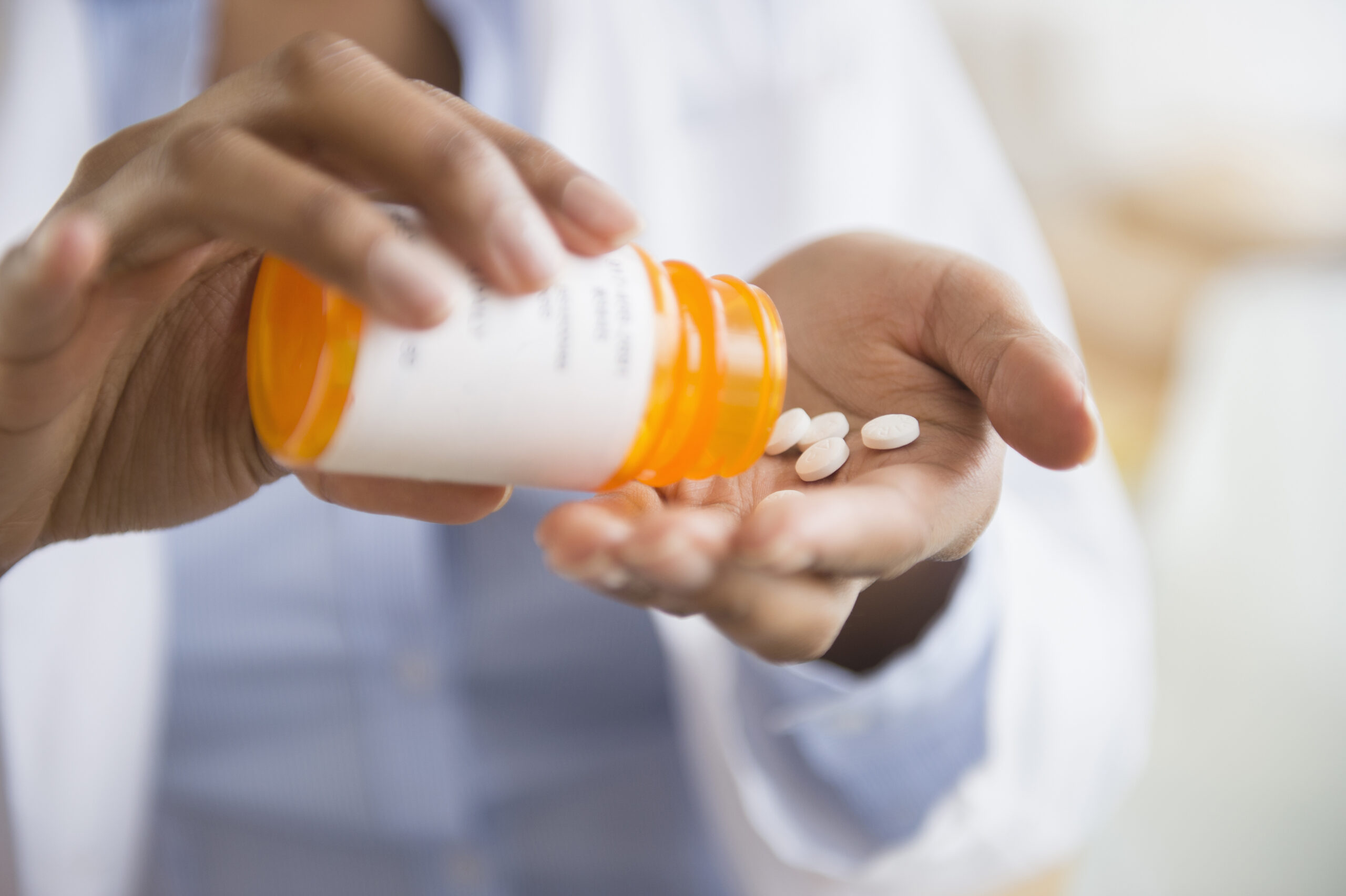Drug affordability board edits proposed rules after public input; rules not yet finalized

As the Maryland Prescription Drug Affordability Board continues to work through regulations for the board’s operations, questions remain about which drugs may be subject to pricing limits in the future.
The proposed rules will lay out how the board would evaluate and determine whether there are prescription medications that could be more affordable to Marylanders. This is the second round of draft regulations, after public comments argued that the initial proposed rules were too vague and needed more opportunities for public input.
“We received a number of great comments…we were able to go through all of these comments and make sure we account for them and try to address them in our updated versions of the regulation,” Andrew York, executive director of Prescription Drug Affordability Board, said during a stakeholder meeting Monday.
Some of the changes include giving Marylanders more opportunities to comment on drugs under consideration by the board for cost review. The changes also include technical definitions of certain medications, prices and costs, and cost evaluation metrics.
But because the board is still making foundational rules, it is unclear when Marylanders may see drug price reductions as a result of the board’s actions.
During the meeting, representatives from Harvard Medical School and Brigham & Women’s Hospital Program On Regulation, Therapeutics And Law (PORTAL) discussed the sort of considerations that may come into play when the board begins to assess drugs for cost evaluations.
One factor could be the proven effectiveness of the drug. If the drug shows moderate or major clinical benefit — meaning that the drug has been shown to increase longevity or the quality of life of a patient — the board would consider how much they are willing to pay for the drug, said Adam Raymakers with PORTAL.
After drugs have been identified to be eligible, the next task for the board would be to set what are called upper payment limits.
By establishing an “upper payment limit” that state and local government health plans can be forced to pay to provide those drugs to their employees, advocates hope the board will be able to bring down costs for all Marylanders.
Some of the factors that will likely be considered when identifying upper payment limits include costs of administering the drug in question, how much it costs to deliver to consumers, and other administrative costs.
The public comment period for the newly edited rules is open until June 30, York said. The final version of the rules will be considered and is expected to be voted on at the July board meeting. As of the Monday meeting, there were not yet any public comments on the edited rules.
The Prescription Drug Affordability Board was created by the General Assembly in 2019.
The board has been slow to begin operating, due in part to a veto by former Gov. Larry Hogan (R) in 2020 of a bill that would have funded the board’s work.
Gov. Wes Moore (D) signed additional legislation this year that reaffirms the board’s authority to issue upper payment limits and extends deadlines from the earlier law. In addition, the General Assembly carved out an additional $1 million in the 2024 state budget for the board’s operations.




 Creative Commons Attribution
Creative Commons Attribution